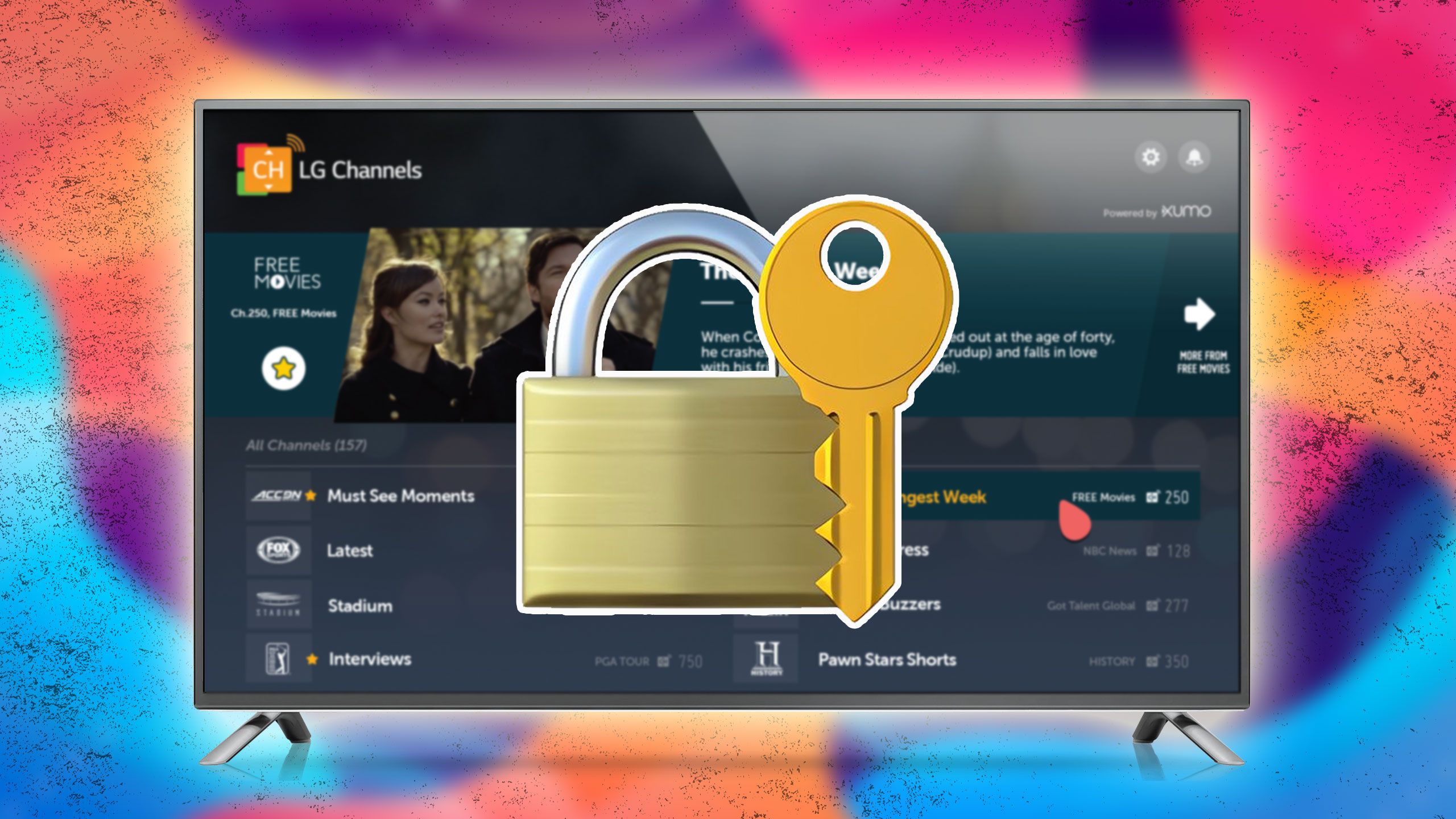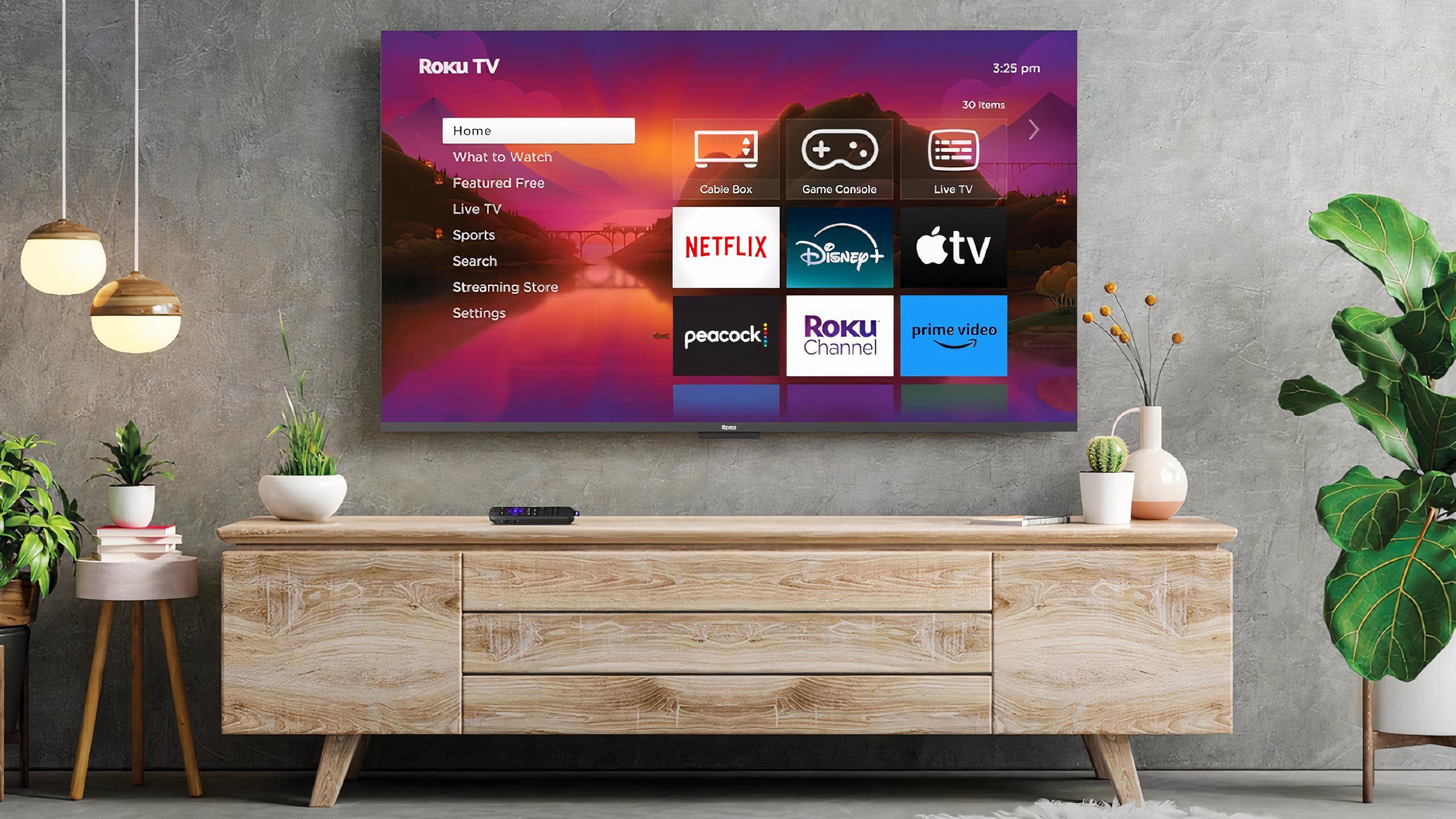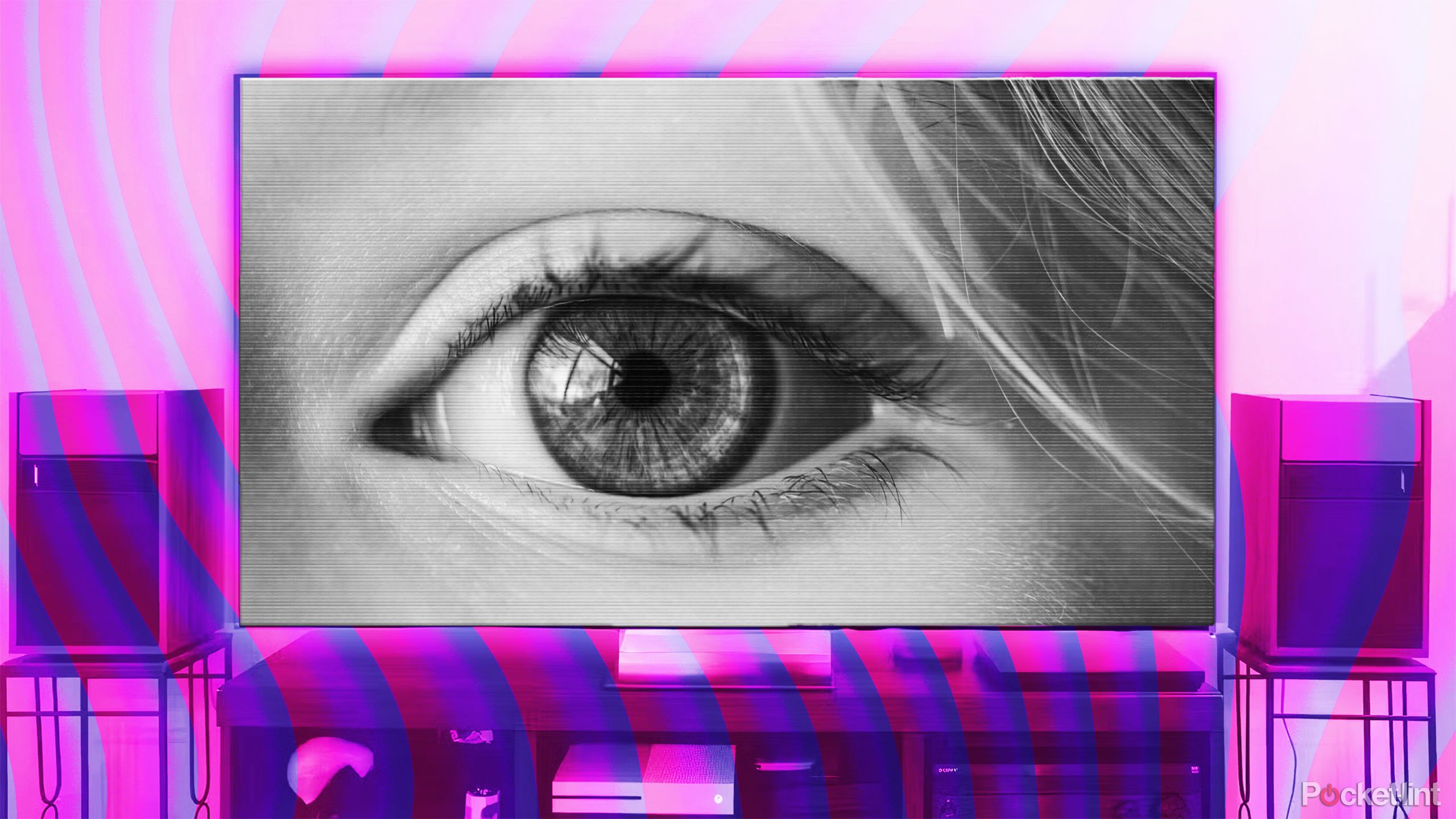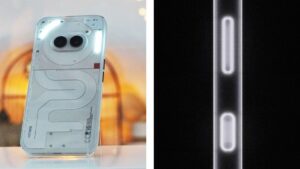Summary
- Many of the apps and functions on your smart TV already use some form of encryption.
- Whole-TV encryption is a new phenomenon being spearheaded by Samsung.
- You probably don’t need to upgrade your TV for better security (yet).
Smart TVs have come a long way. My first was a 40-inch Sharp set, which I bought back in 2011. It was a 1080p model preloaded with custom apps. Those apps never ran very well — all of them were discontinued several years later. These days, the most popular sets are all 4K models over 50 inches, and in most cases run standardized software like Google TVor Roku OS.
One advancement you might not have considered is security. That didn’t matter much in 2011, but threats have multiplied, especially as TVs have added more features and connected to more services. In response, smart TV makers have gradually stepped up their protections. One of them — encryption — seems poised to make a leap in 2025.
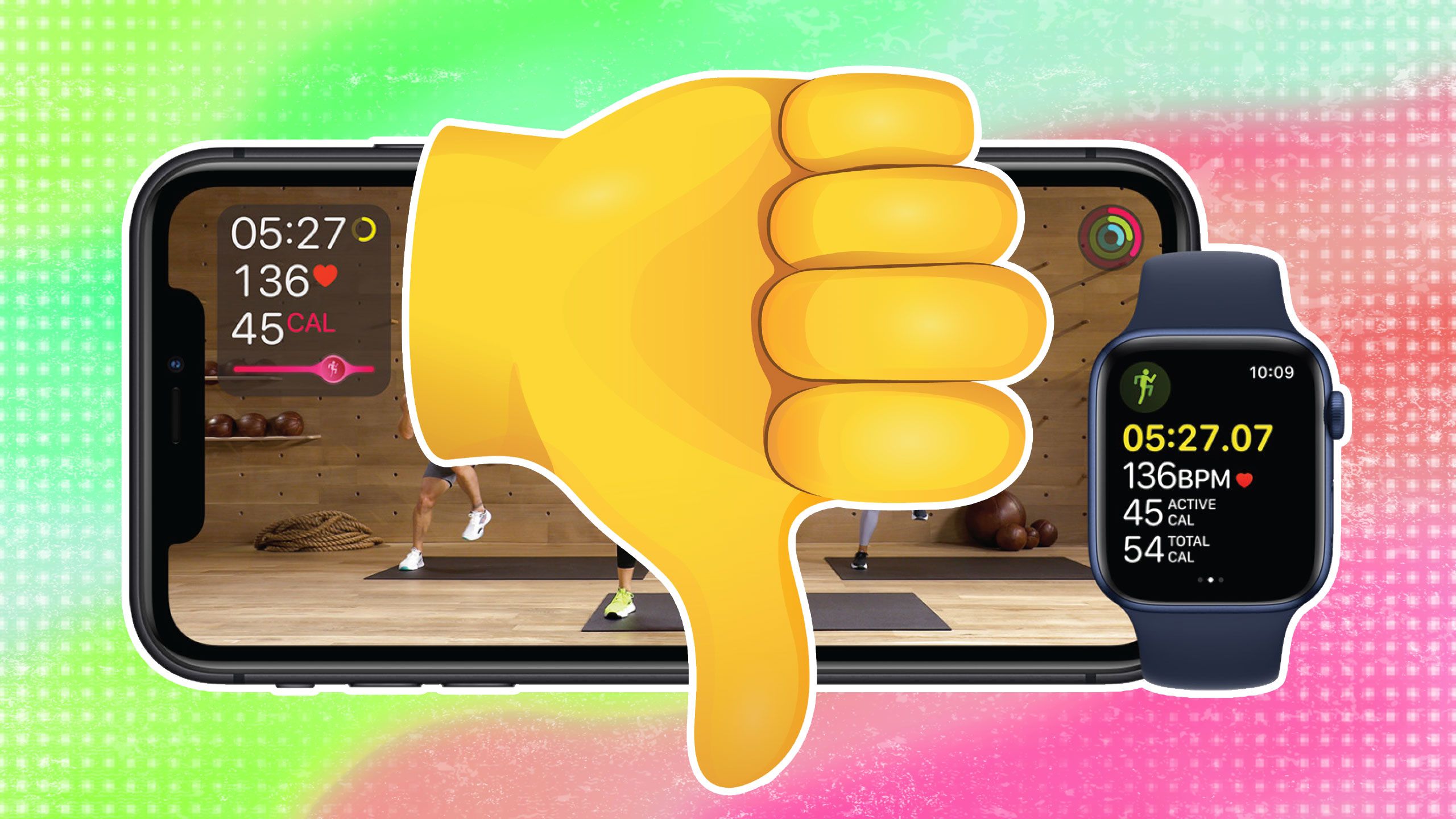
Related
Not sweating it: 4 ways Apple Fitness+ misses the mark
I want to like it, but Apple seems to be catering to a very different demographic.
What is smart TV data encryption?
The basics, plus newer technologies
Roku
Data encryption has long been present on smart TVs to varying degrees. It’s used to safeguard Wi-Fi, Ethernet, and smart home connections, as well as the private info apps send and receive, including credit card numbers. Typically, encrypted communications can’t be deciphered unless an authorized app submits the proper key.
Some more advanced apps may use “end-to-end” encryption. That form is virtually impossible to crack without someone getting their hands on the target hardware, but normally, it’s reserved for the calling and messaging apps on phones, tablets, and computers.
What’s new is the idea of putting everything on your TV on lockdown, no matter which app you’re using, or what you’re doing with it. In November 2024, Samsung announced that its CryptoCore encryption library would be baked into its Tizen-based TVs starting in 2025. Through Samsung’s Knox security system, CryptoCore safeguards all of your data both in transit and at rest, making it a tougher target. It may even tighten up copyright protection, though we have yet to see how strict it can be.
Data encryption has long been present on smart TVs to varying degrees.
If you want to take advantage of CryptoCore, you’ll probably have to buy a new TV. While Samsung is including the tech with the ninth-generation version of Tizen, that level of encryption (and decryption) can be very processor-intensive — and the only earlier TVs to include Knox Vault chips were Samsung’s QN900D and QN800D 8K TVs. That’s well beyond the price range of the average shopper.
It’s yet to be seen if other TV makers will follow suit with whole-TV encryption, but that seems likely sooner or later. The industry is extremely competitive, and at minimum, other high-end brands won’t want to be seen as falling behind on protection.
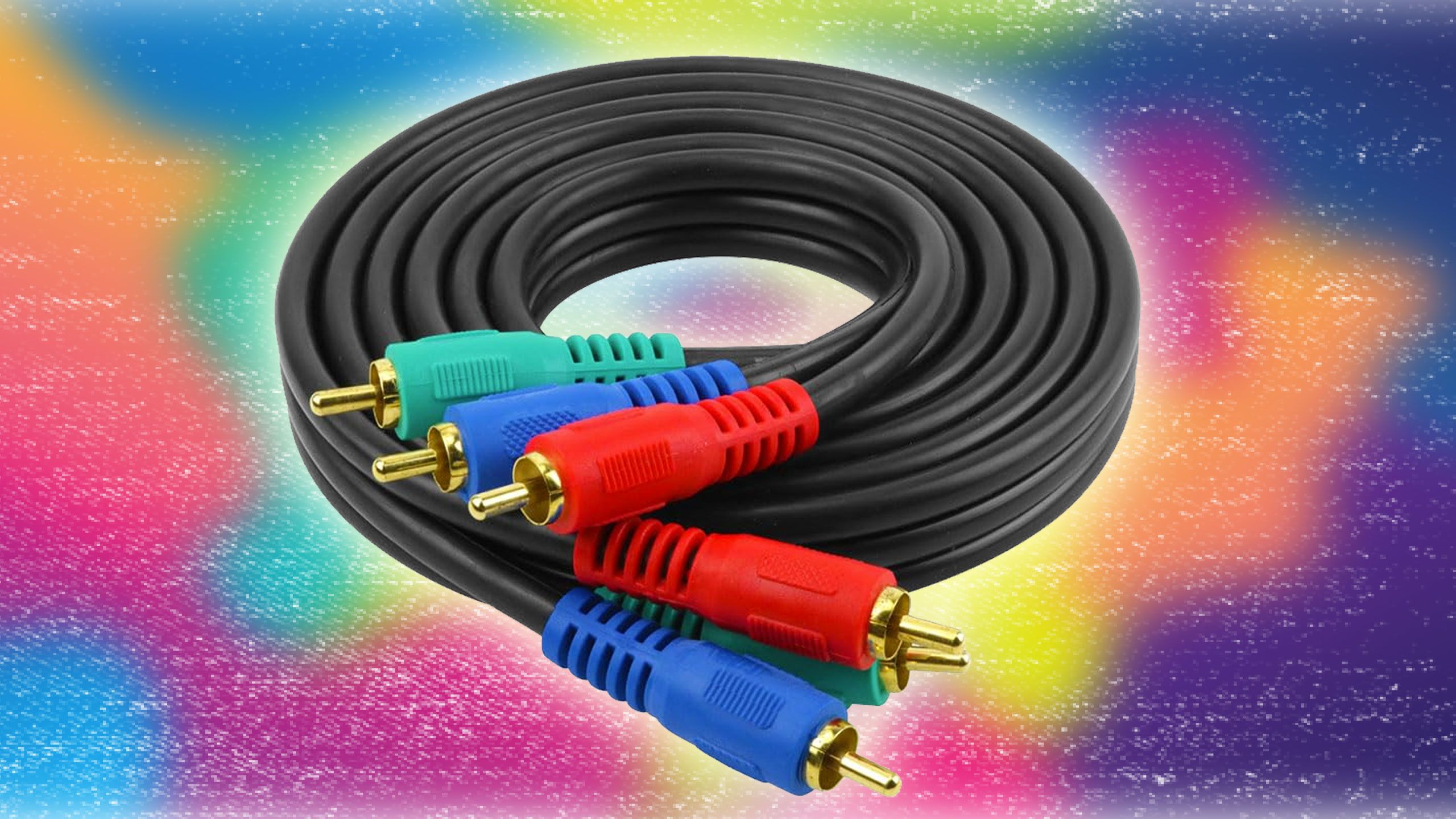
Related
Don’t plug in that old console until you read this about video quality
It’s time to get familiar if you want to hook up that old VCR or PlayStation.
Is my existing TV’s encryption safe?
No need for panic
As long as you’re using a recent TV from a well-known brand — some examples being Sony, Samsung, LG, Hisense, and Vizio — you’re probably fine. Smart TVs aren’t a major vector for hackers, and the encryption standards on platforms like Google TV (used by Sony and Hisense, among others) are good enough to prevent easy intrusion. There may be privacy concerns about the data some companies are collecting for advertising, but you shouldn’t have to worry about criminals listening in or committing identity theft. Just take basic precautions, for instance by setting unique and complex passwords for your accounts. Encryption is meaningless if a hacker can guess that you use your birthday for every login.
I’d only really be concerned with an older TV, or one from a brand I’ve never heard of before.
I’d only really be concerned with an older TV — say, from a decade ago — or one from a brand I’ve never heard of before. Older TVs may use weaker encryption standards, making them susceptible to attacks that bounce off newer devices. Unknown brands are just that, meanwhile — unknown. You have to look into their track records, and even then they may not even have published info about their security practices. They could still be safe to try, but you’re probably better off going with a brand that many people trust.
Don’t worry about upgrading to take advantage of CryptoCore. While it should in theory be more secure, it’s unlikely to make a huge difference, and you’ll be locked into all the other specs of whatever Samsung TV you choose. Focus on choosing something with the resolution, ports, refresh rates, and other features you need — you should be safe enough until another decade rolls by.
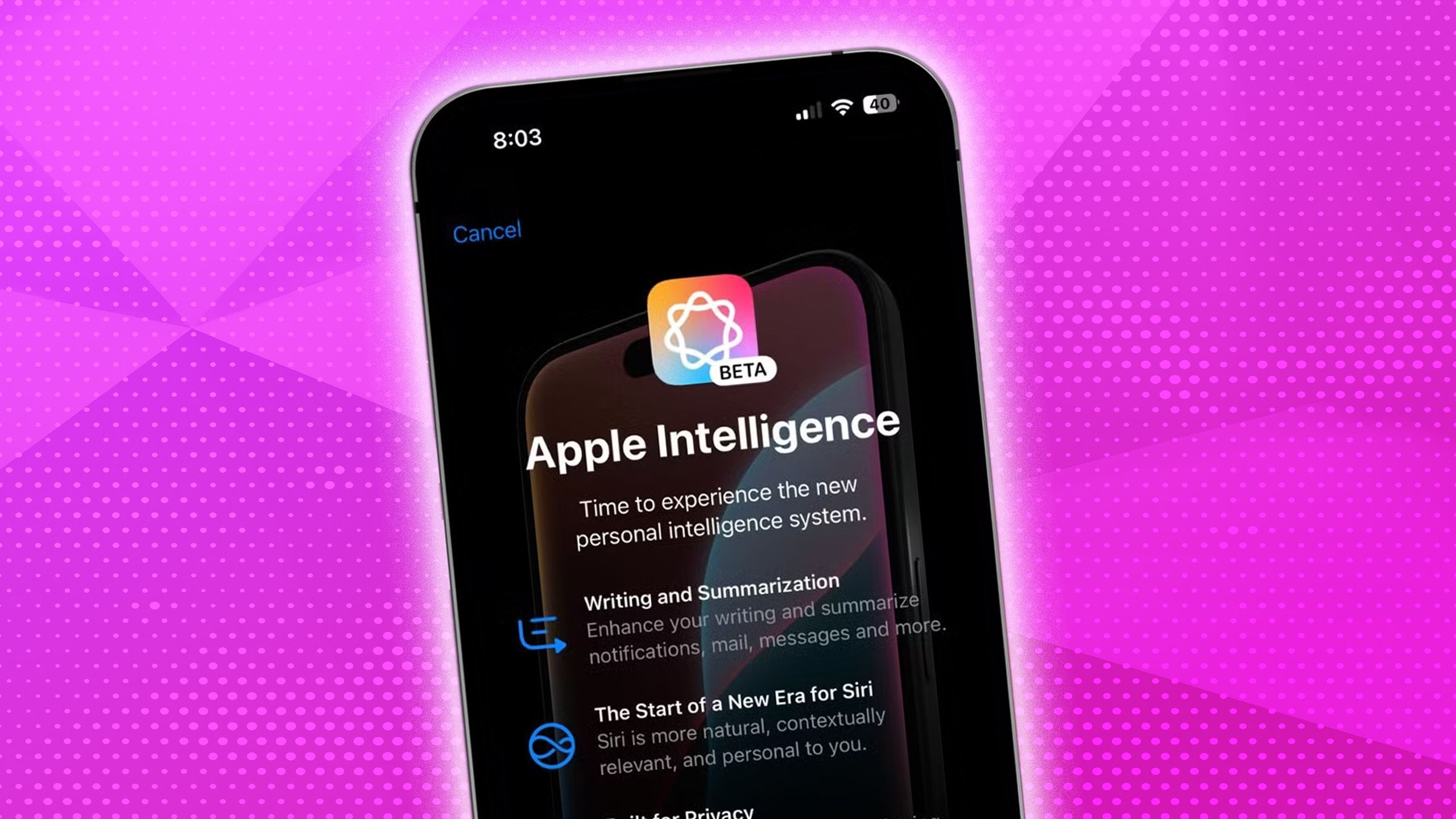
Related
Use this trick to save 7GB of storage on your iPhone
Assuming you’re willing to sacrifice Apple’s latest tentpole feature, that is.

